To safeguard lives andThe Code of Ethics – Summary OFFICIAL 1 The College of Policing developed the Code of Ethics on behalf of every member of the policing profession of England and Wales 2 The work was carried out by the College's Integrity Programme in association with the national policing lead for Ethics and the national policing lead for ProfessionalIdentify experimental studies that have specifically examined the impact of codes of ethics on professional conduct This small scale and narrowly focused review was carried out over a short timescale to inform the development and implementation of the Code of Ethics for the policing profession of England and Wales

Code Of Ethics Explore Tumblr Posts And Blogs Tumgir
Code of ethics police dispatch
Code of ethics police dispatch- The College of Policing has written a new Code of Ethics for all police forces across the UK Members of the public have said they would not want to be in the position of police when faced with some of the decisions they have to make, a survey by the College of Policing has revealed To mark the official launch of the Code, the College asked 2,043 members of theCode of Ethics 08 The Code of Ethics is undoubtedly one of the success stories in advancing the human rights agenda within the PSNI It has attracted national and international attention, with the College of Policing in England and Wales and Police Scotland both drawing learning from the PSNI when devising their respective Code of Ethics The
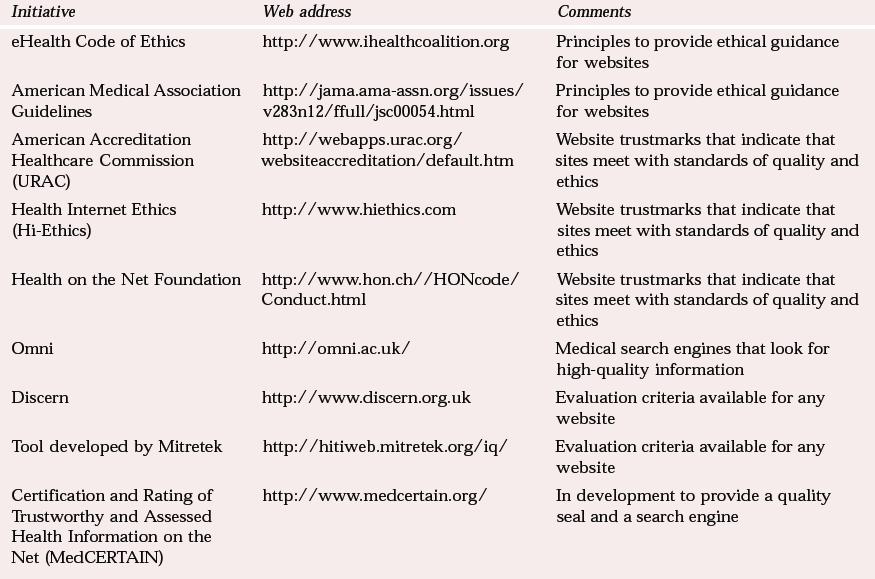



Emerging Challenges In Using Health Information From The Internet Advances In Psychiatric Treatment Cambridge Core
Ethics programmes – One before/after study carried out in an Israeli regional council suggested that the introduction of an ethics programme – in support of a code of ethics – resulted in changes to some, but not all, employee perceptions (eg improved perceptions of there being anThe Code of Ethics is a national code of practice, which defines core policing values and the standards of behaviour for everyone who works in policing We aim to provide the very best quality of service to the public whilst delivering our strategy, which includes targeting offenders, preventing, reducing and detecting crime, serving ourCode of Ethics Barred list Integrity and transparency Ensuring that the people who work for the police uphold the values of the service, strive to do the right thing in all situations and have the public's confidence
A new Code setting out policing principles and standards of professional behaviour for members of the policing profession raises questions around how incidents of minor misconduct will be dealt with On 15 July 14 the College of Policing issued a Code of Ethics ('the Code') under section 39A of the Police Act 1996112 CODES OF ETHICS AND CONDUCT All sworn police officers must abide by the "Law Enforcement Code of Ethics" and the "Police Code of Conduct" as published by the International Association of Chiefs of Police POLICE CODE OF ETHICS As a law enforcement officer, my fundamental duty is to serve mankind;Collegepoliceuk Code of Ethics A Code of Practice for the Principles and Standards of Professional Behaviour for the Policing Profession of England and Wales July 14 BetterEvidence forBetterPolicing Presented to Parliament pursuant to Section 39A(5) of ™ the Police Act 1996, as amended by Section 124 of the
For example, a Transparency International UK study on codes of conduct in defence ministries and armed forces recommends that any defence and security sector ethics system include (11) a statement of values including such values as integrity, honesty, and diligence CODES OF ETHICS FOR THE POLICE Codes of EthicsBy the Code of Ethics Covert policing 14 The police service operates on the basis of openness and transparency This is essential to maintaining and enhancing a positive relationship between the policing profession and the community 15 To achieve legitimate policing aims, it is sometimes necessary to use covert tactics This is recognisedChief Constable, Lincolnshire Police The Code of Ethics for the police service in England and Wales has been in place for a number of years and continues to provide a framework that ensures policing is formally recognised as a skilled profession Developed by the College of Policing, the Code of Ethics has endured the test of time



Assets College Police Uk




Rude Police Officers To Be Formally Punished Under New Rules The Independent The Independent
Essex Police officers and staff are additionally guided by the Police Code of Ethics Supported by the Police, Fire and Crime Panel's Ethics and Integrity SubCommittee, the Commissioner monitors how well both services are delivering against these standards and, working with the Chief Constable and Chief Fire Officer, uses this to help driveThe Code of Ethics was created by the College of Policing, the professional body for police, and laid in Parliament in July 14This video explains what you The Code of Ethics will apply to more than 2,000 officers, police staff, contractors and volunteers working in policing It sets out the standards of



Paas S3 Broker Prod Lon 6453d964 1d1a 432a 9260 5e0ba7d2fc51 S3 Eu West 2 Amazonaws Com



Avonandsomerset Police Uk
Police officers and staff regularly face very challenging situations that require split second decisions to be made In these circumstances a solution to a problem isn't always clear cut or easy to make The College of Policing's Code of Ethics lays out standards of behaviour every police employee should aspire toLaw Enforcement Code of Ethics The IACP adopted the Law Enforcement Code of Ethics at the 64th Annual IACP Conference and Exposition in October 1957 The Code of Ethics stands as a preface to the mission and commitment law enforcement agencies make to the public they serveA professional code of ethics exists for most professions In fact, having a professional code of ethics seems to be part of the definition of a profession,



Durham Police Uk



1
This Core Code of Ethics (Core Code) is designed to guide all Fire & Rescue Service (FRS) employees* in their daytoday conduct, providing professional standards of practice and behaviour to carry out business honestly and with integrity and to underpin organisational culture It provides the expectations for how employees should behave in anyBeing a police officer is much alike to being a regulated person In fact, many legislative instruments issued by the Home Office for police forces, are called Regulations Much, if not all, of the work of the UK Police circles around the document maintained by the College of Policing and called Code of Ethics (of the UK Police) Officer disciplined for breaching police code of ethics over offduty traffic incident Published Date An offduty police officer who made inappropriate use of the fact he was a police officer to further a grievance against a lorry driver over a traffic incident, has been disciplined for breaching the police code of ethics
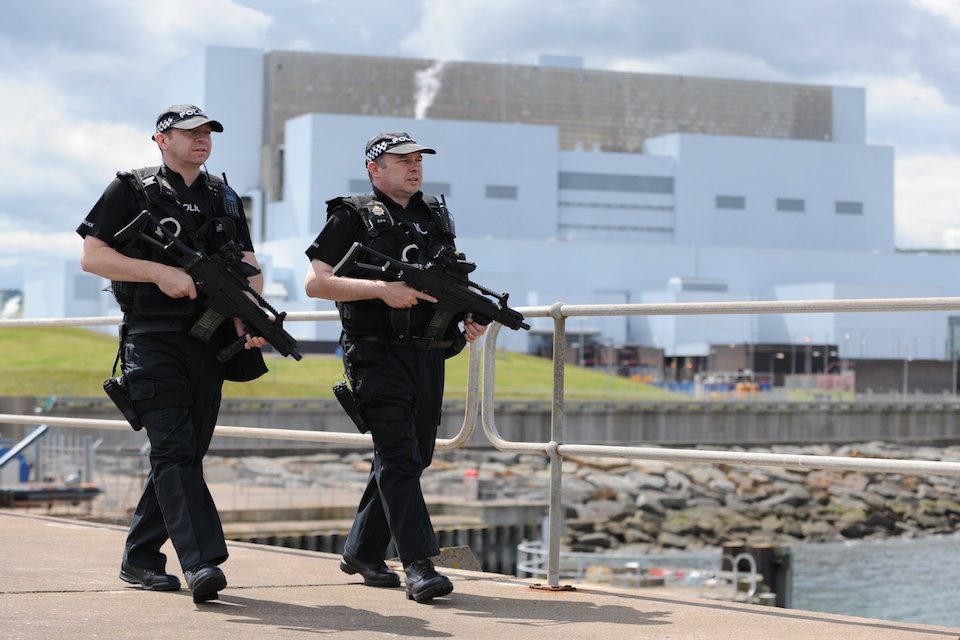



Code Of Ethics Launched Gov Uk




Code Of Ethics Isrrt
Please email contactus@collegepnnpoliceuk 4 Contents Code of Ethics 14 Foreword by the Chair Introduction by the Chief Executive The Code Preamble 1 11 Introduction 1 12 Statutory basis of the Code 1 13 Scope of the Code 1 14 Responsibilities 2 Policing principles 3 21 Doing the right thing in the right way 3 Standards ofMPS Information Code of Conduct An Information Code of Conduct applicable for all MPS personnel, members of the wider police family and certain partners It details the personal responsibility and duty of confidentiality owed by all staff to the Commissioner of Police of the Metropolis and MOPACCode of Ethics West Midlands Police is committed to ensuring that the Code of Ethics is not simply another piece of paper, poster or laminate, but is at the heart of every policy, procedure, decision and action in policing The Code of Ethics is about selfawareness, ensuring that everyone in policing feels able to always do




Caution For Off Duty Police Officer Who Punched Man Outside Belfast Bar Belfasttelegraph Co Uk




Help Shape The Code Of Ethics Review College Of Policing
Develop the knowledge, standards of conduct, leadership and professionalism required by police officers and police staff in England and Wales The College is a company limited by guarantee and an Arm's Length Body of the Home Office It is operationally independent of the Home Office 2 Police must be held accountable for all decisions they make Having legislation such as the Oath of Office, Statement of Values and the Code of Conduct and Ethics policy are significant and purposeful and all behaviours should be based on these guidelines to uphold the law & keep the peace Reference Findlay, M (04)Professional Ethics, Cleveland Chief Constable Jacqui Cheer Further details are listed at Appendix 1 Format The Organisational Model is based on the Integrity Model developed for the police service by Transparency International UK and approved by the Association of Chief Police Officers in 11
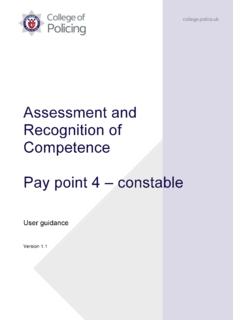



Code Of Ethics College Of Policing Code Of Ethics College Of Policing Pdf Pdf4pro



Assets Publishing Service Gov Uk
A working party of the Police Advisory Board has drawn up a proposed new Code of Professional Standards for police officers, which is intended to replace the current Code of Conduct in Schedule 1 of the Police (Conduct) Regulations 04 The new Code of Professional Standards will apply to all police officers and special constablesCode of Conduct for Police Staff Page 2 of 5 Policy Statement Summary West Yorkshire Police (WYP) Code of Conduct for police staff is provided to set out the standard that the Force expects from all police staff employees The policy adheres toType of conduct by a police officer is acceptable and what is unacceptable The standards should be read and applied having regard to the Code of Ethics 12 The standards of professional behaviour also reflect relevant principles enshrined in the European Convention on Human Rights and the Council of Europe Code of Police Ethics



Merseyside Police Uk




The Code Of Ethics Of The Uk Police Explained appp Association Against Abuse Of Police Powers And Privileges
The police code of ethics is more public service based than crime fighter based It states the way police officers should relate with the public more than how they should fight crimes Very lenient terms are used in the few instances, whereby the fighting of crimes is addressed in the code It forbids the police from using force, which in most A police officer must use judgment and exercise care in using a weapon or other piece of equipment (1) A police officer must not show, handle or point a weapon without justification" (2) The two most ignored areas of police work are code of ethics oath of officeThe College of Policing has issued the Code of Ethics as a code of practice under section 39A of the Police Act 1996 (as amended by section 124 of the AntiSocial Behaviour, Crime and Policing Act 14) 122 As a code of practice, the legal status of the Code of Ethics a applies to the police forces maintained for the




Covid 19 Pandemic Ethical Guidance For Social Workers Www Basw Co Uk
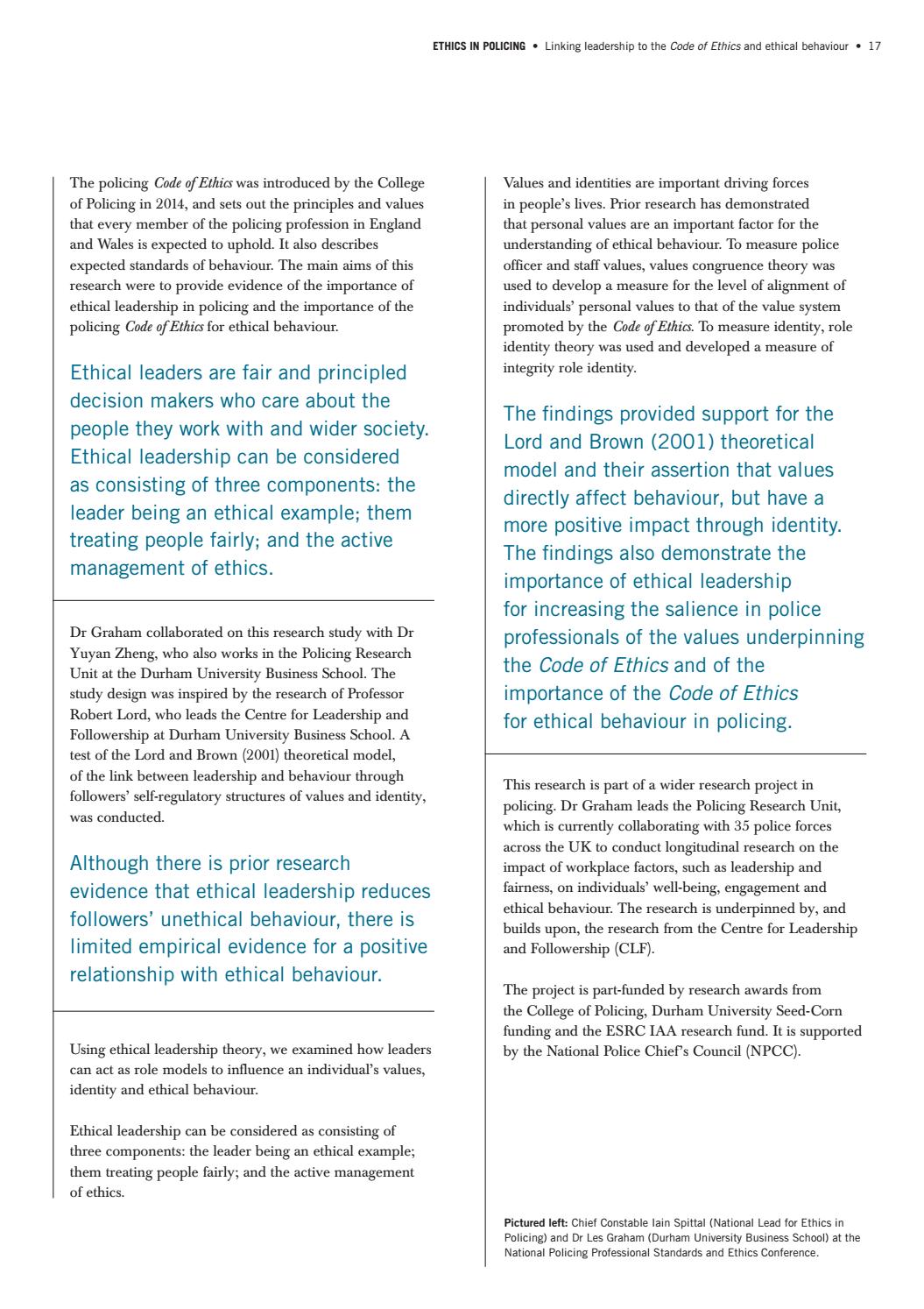



Impact Magazine Issue 3 By Durham University Business School Issuu
Code of Ethics Supporting Documents 6 Risk Principles (ACPO 10) Principle 1 The willingness to make decisions in conditions of uncertainty (ie, take risks) is a core professional requirement of all members of the police service The aim of this code of ethics is to support each member of the policing profession to deliver the highest professional standards in their service toOf all men to liberty, equality and justice (The Police Code of Ethics, 1992 IACP version) In England, Sir Robert Peel in 19 created what is often referred to as the first professional police force This police force obtained its authority from the commonlaw legal obligation and



Merseyside Police Uk




Emerging Challenges In Using Health Information From The Internet Advances In Psychiatric Treatment Cambridge Core
Code of Ethics, which applies to police staff as well as police officers It is the duty of the Force to ensure that reported concerns are properly considered and responded to If the Force is openly seen to tackle the issue of poor standards, this will increase public confidence in GMP The POLICE CODE OF CONDUCT is effectively a set of rules which govern how serving police officers should behave at all times By breaking any of these rules they can be held accountable for misconduct Personally, I have never come across a single police officer that doesn't break at least one of these rules within the first five minutes of speaking to them Police integrity and the reporting of rulebreaking continues to be an area of concern and public interest, especially as it is over five years since publication of the first code of ethics by the UK's College of Policing in 14




Introduction The Code Of Ethics The Policing Principles



Justiceinspectorates Gov Uk
This Code applies to the conduct of police officers in all ranks whilst on duty, or whilst off duty if the conduct is serious enough to indicate that an officer is not fit to be a police officer It will be applied in a reasonable and objective manner Due regard will be paid to the degree of negligence or deliberate fault and to the nature andThe Code of Ethics was produced by the College of Policing in 14 in its role as the professional body for policing It sets and defines the exemplary standards of behaviour for everyone who works in policing It is a supportive, positive, everyday decisionmaking framework and is a constant reinforcement of the values and standards thatPolice Act 1996 (as amended by section 124 of the AntiSocial Behaviour, Crime and Policing Act 14) 3 As a code of practice, the legal status of the Code of Ethics (a) applies to the police forces maintained for the police areas of England and




Competency And Values College Of Policing




W Yorks Police Firearms Licensing Dept In Breach Of Policing Code Of Ethics Raptor Persecution Uk
2 2 Two police forces have in the past three months breached a new revised code of practice into protection of journalists' sources, according to a report by the interception of communications league Section 10 of the Police Code of Ethics states that unethical or unprofessional behaviour on the part of a policing colleague should never be ignored 'irrespective of the person's rank, grade or role' (College of Policing, 14 15) This Code of Ethics applies to all police officers and
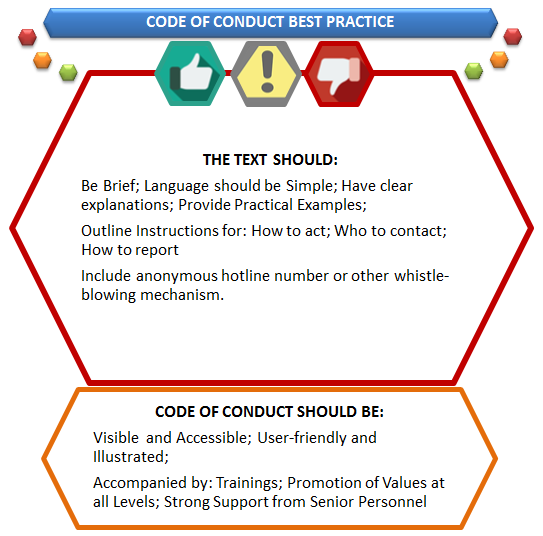



Codes Of Conduct Security Sector Integrity
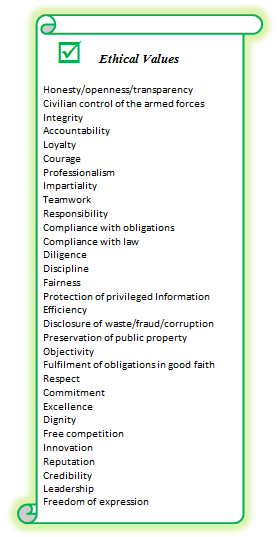



Codes Of Conduct Security Sector Integrity




Ceds Taser Suffolk Constabulary



Assessing The Real Purpose Of The Police Code Of Ethics Insight




Uk Counterterror Mental Health Project Raises Ethical Concerns Police News Al Jazeera
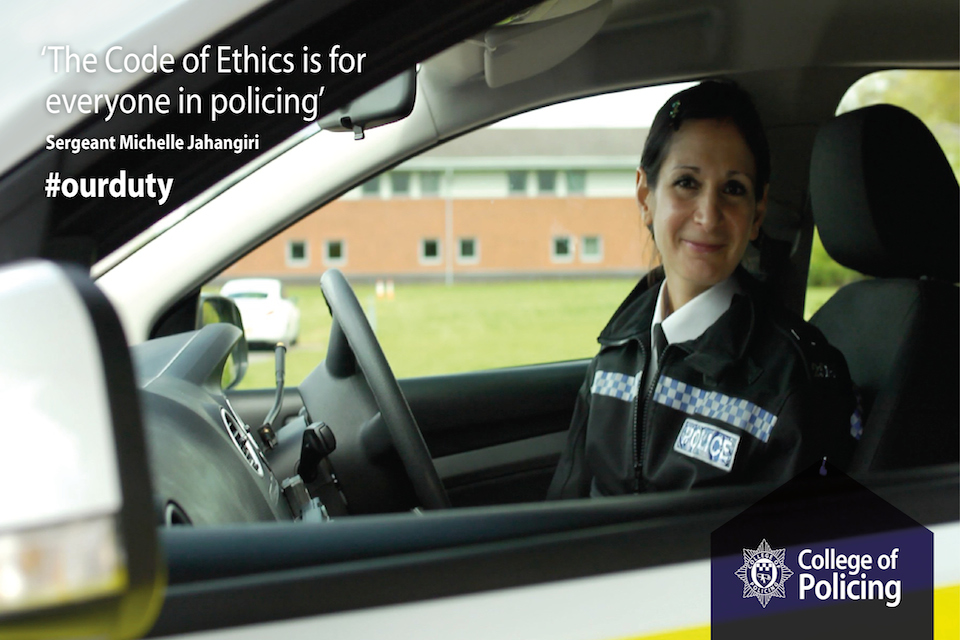



Code Of Ethics Launched Gov Uk




Ethics For Police Translators And Interpreters 1st Edition Sedat
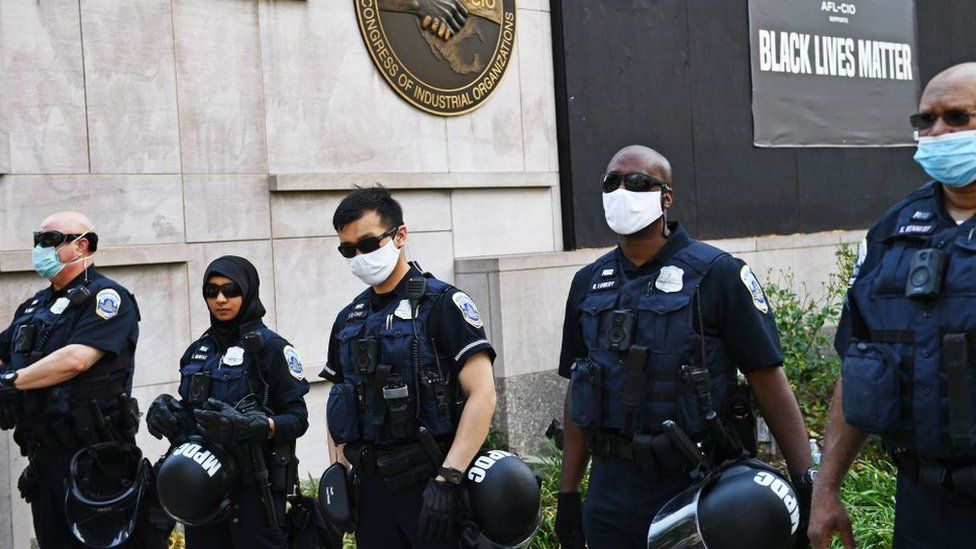



George Floyd Death What Us Police Officers Think Of Protests c News




New Materials Code Of Ethics Police Assessment Centre Training



Northants Police Uk



Royal Gibraltar Police Career Opportunities
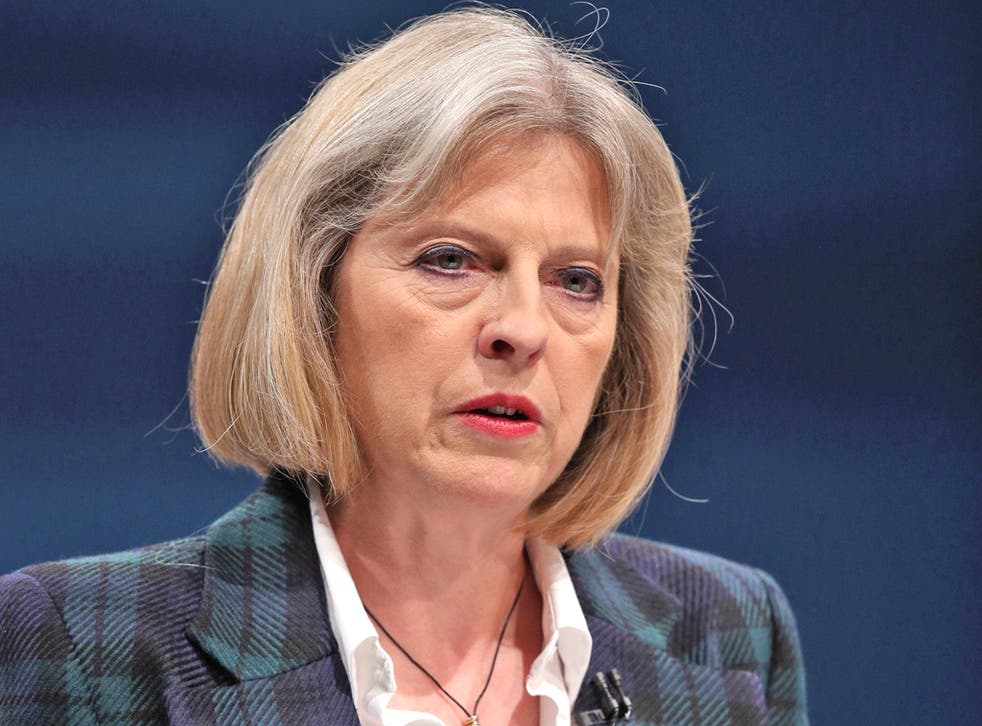



Theresa May Announces New Code Of Ethics For Police The Independent The Independent




Ethics For Police Translators And Interpreters 1st Edition Sedat



Suffolk Police Uk
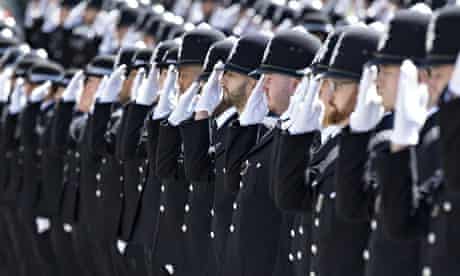



Police Chiefs End Clampdown On Whistleblowers To The Media Police The Guardian




New Materials Code Of Ethics Police Assessment Centre Training




Code Of Ethics




Pdf When Police Should Say No To Gratuities




Line Of Duty Two Ex Anti Corruption Officers On How The Police Actually Catch Bent Coppers




Icva Never A Bad Time To Remind Ourselves Of The Nolan 7 Principles Of Public Life Independent Custody Visitors Both Embody These Principles And Are Part Of Ensuring Accountability




Victims Code Of Practice Syp




Policing And Ethics Panels Are They Really Working Police Hour




Police Officers




Police Ethics Free Essay Example
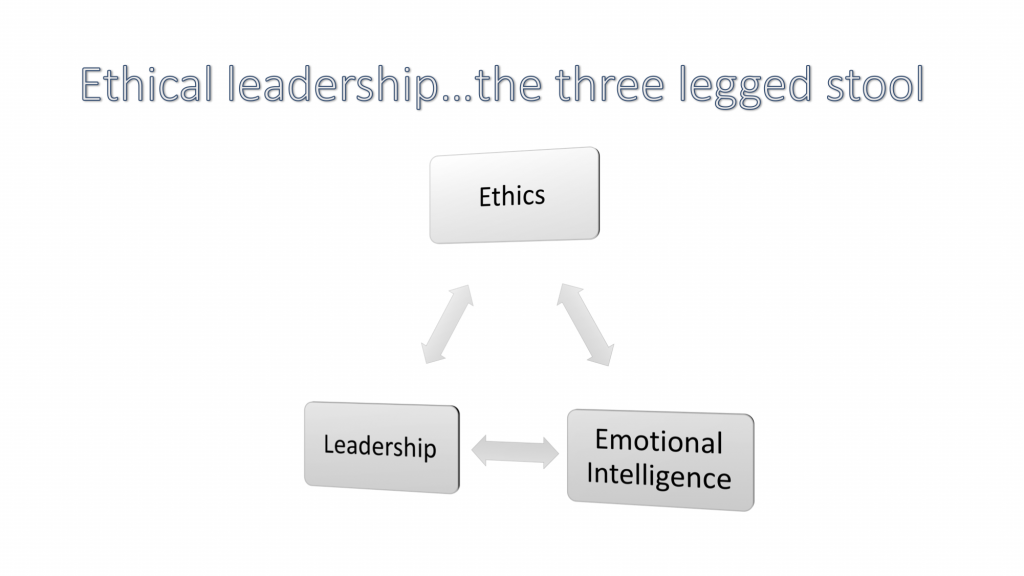



Values Based Police Leadership Police Chief Magazine
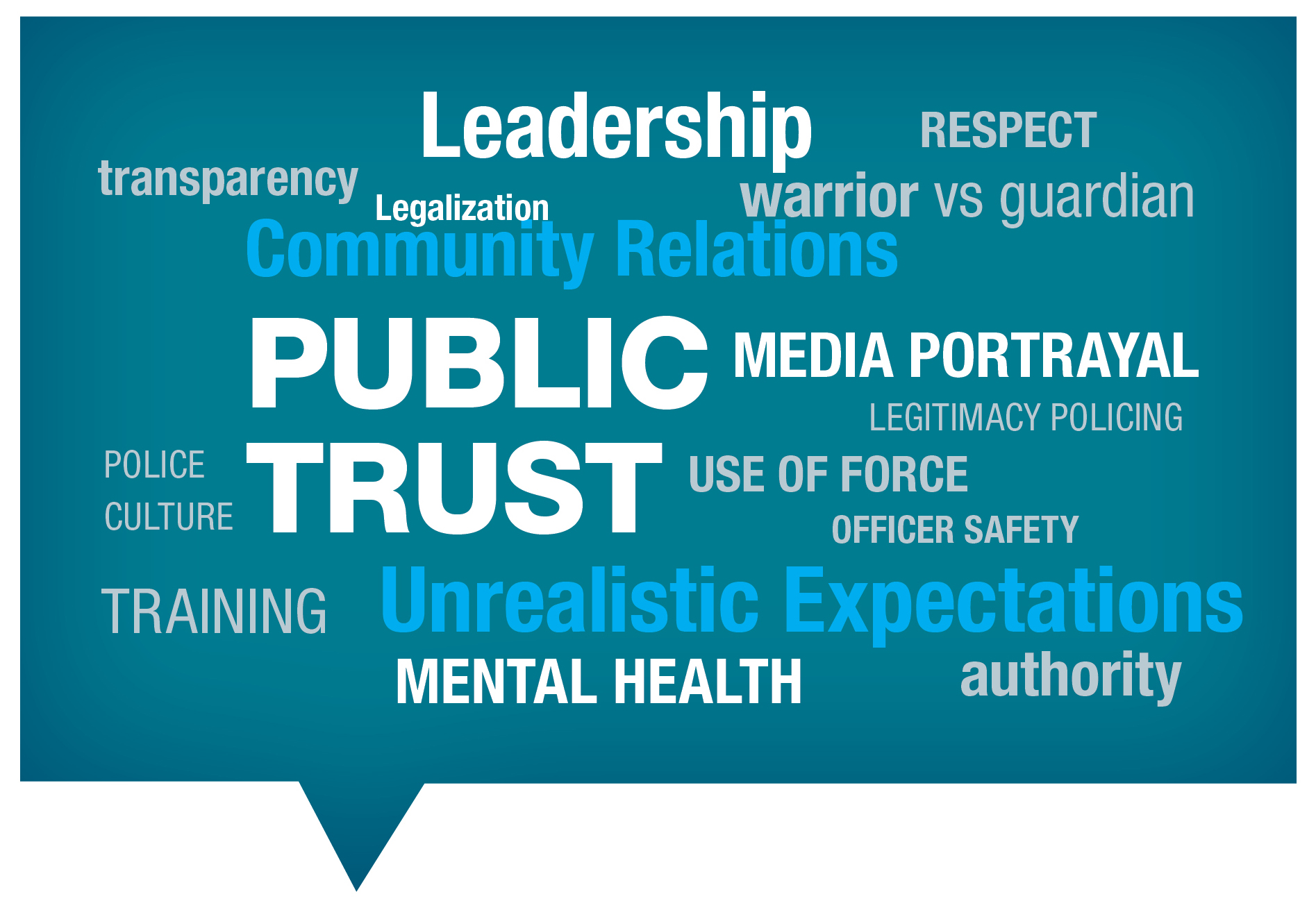



Teaching Ethics In The Training Academy A State Of The Art Approach Police Chief Magazine
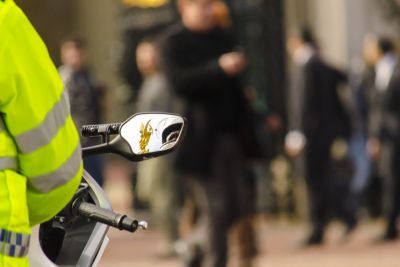



3 02 Challenges And Possibilities Of The Implementation Of The Policing Code Of Ethics Centre For Policing Research And Learning




Code Of Ethics Gwent Police
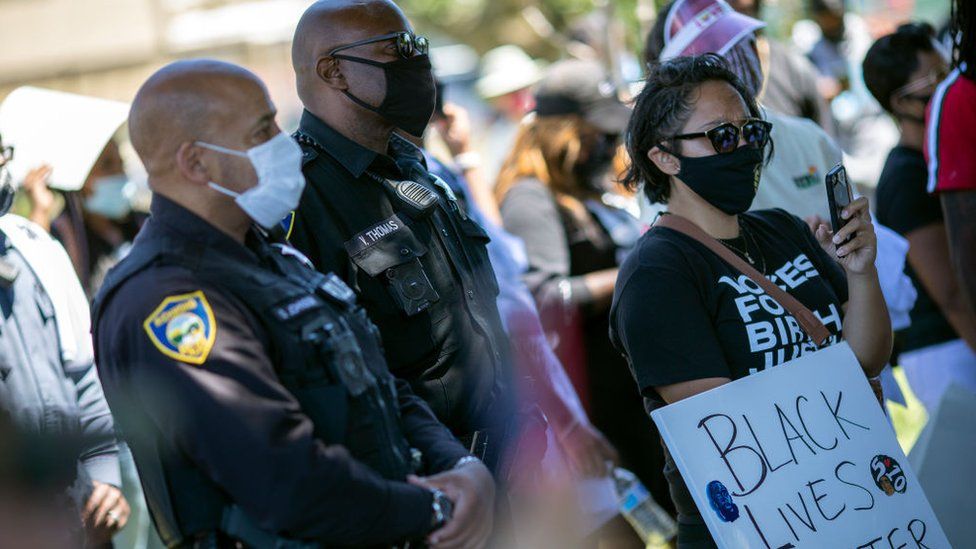



George Floyd Death What Us Police Officers Think Of Protests c News




Why Did The Boys In Blue Turn Into The Boys In Black Part 3




Code Of Ethics Explore Tumblr Posts And Blogs Tumgir




Institute Of Criminology
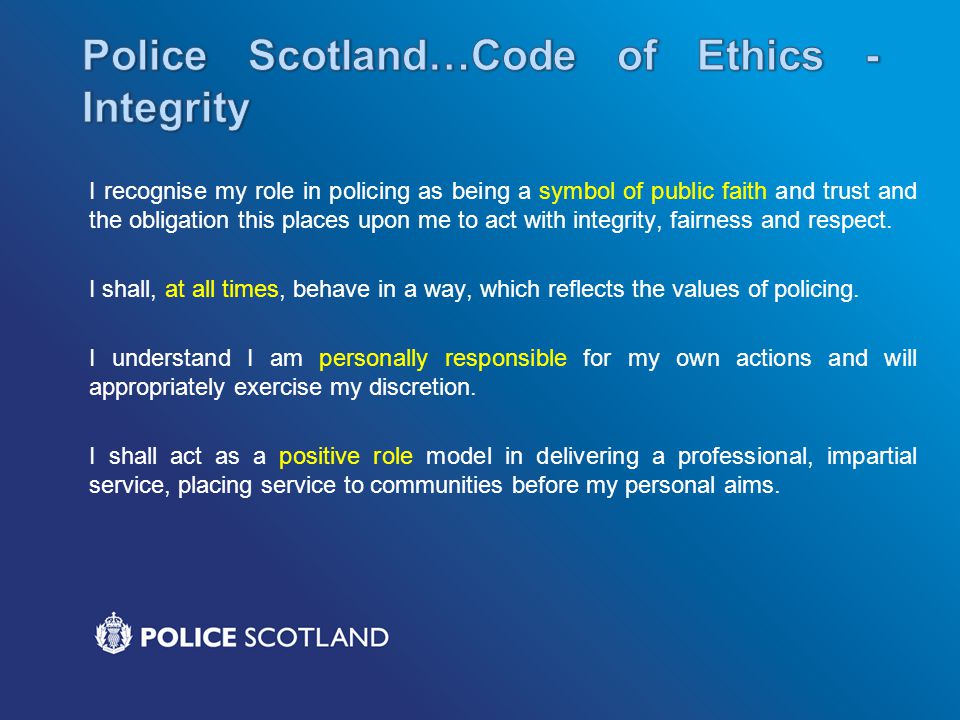



Values Based Policing In Scotland Ethical Policing From Poster To Pavement Police Scotland Is A Values Based Organisation How We Serve Our Communities Ppt Video Online Download




Legal Framework




The Only Way Is Ethics Rank Success Blog




Oliver Scott Curry Code Of Ethics For The Policing Profession Of England And Wales Ethicalatlas T Co D2oxkbaaqc




Membership C College Of Policing Limited Agenda Membership Of The College Of Policing Progress To Date And Future Plans Frontline Champions Panel Ppt Download



D1c37dbb93ef95a704 757c8e9f1f5c003ef935c079 R13 Cf3 Rackcdn Com




What Next For Police Technology And Ethics Centre For Data Ethics And Innovation Blog
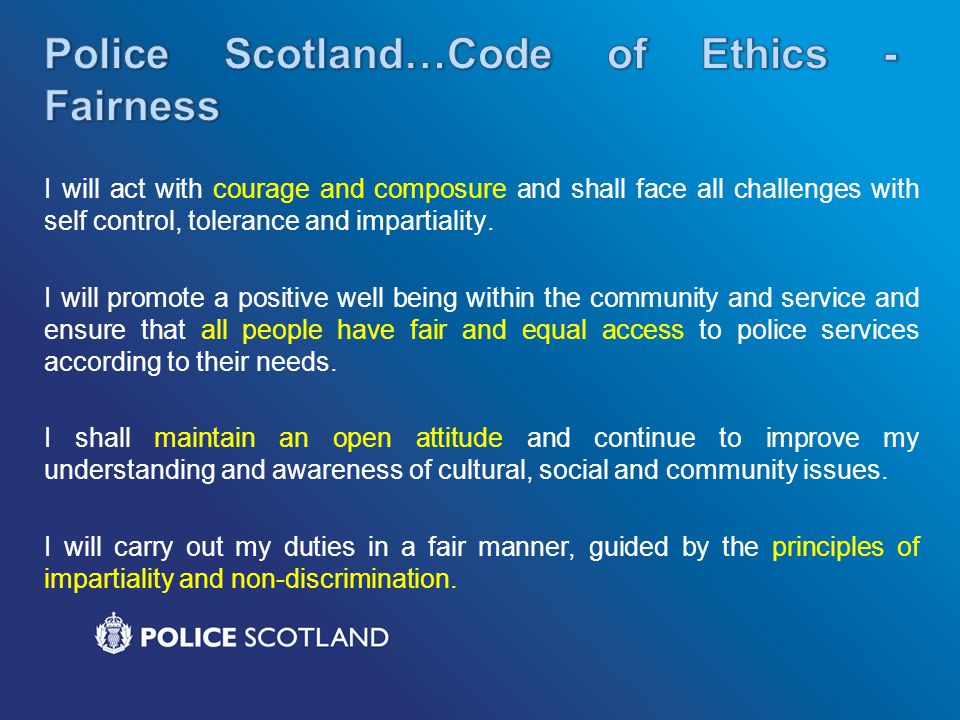



Values Based Policing In Scotland Ethical Policing From Poster To Pavement Police Scotland Is A Values Based Organisation How We Serve Our Communities Ppt Video Online Download




Police Discipline The New Code Of Ethics And The Police Conduct Regulations 12 Corrupt Police



Police Code Of




Police Face New Ethical Dilemma In Increasingly Digital World Law The Guardian
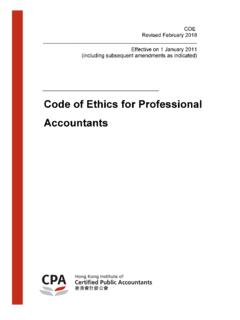



Code Of Ethics College Of Policing Code Of Ethics College Of Policing Pdf Pdf4pro




Our Code Of Ethics Vision And Values Nottinghamshire Police




History Development Of Police Criminal Justice History And Development Of Police Video 1 Studocu




Volunteer Police Cadets National Page Posts Facebook



Dorsetpccpolice S3 Amazonaws Com



Assets Publishing Service Gov Uk
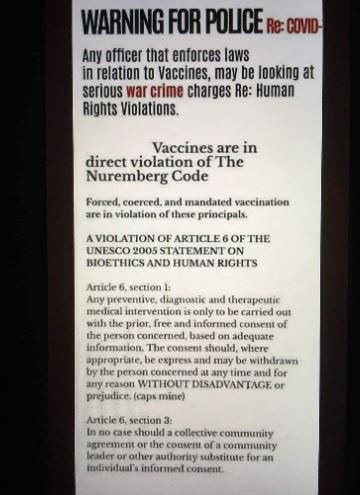



Do Vaccinations Violate Human Rights Under The Nuremberg Code Boom Live
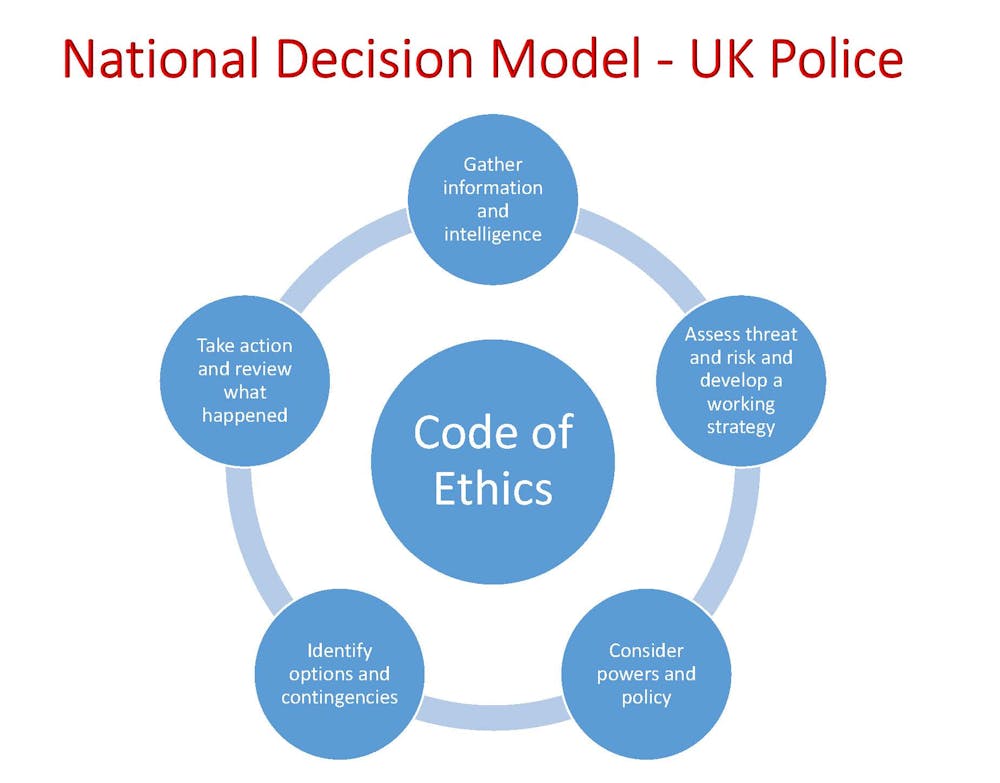



Police Pursuits When Does The End Justify The Means




Values In Tension Ethics Away From Home



Assets Publishing Service Gov Uk




Oversight Of Biohacking When The Stakes Are High Voices In Bioethics



West Midlands Police Uk
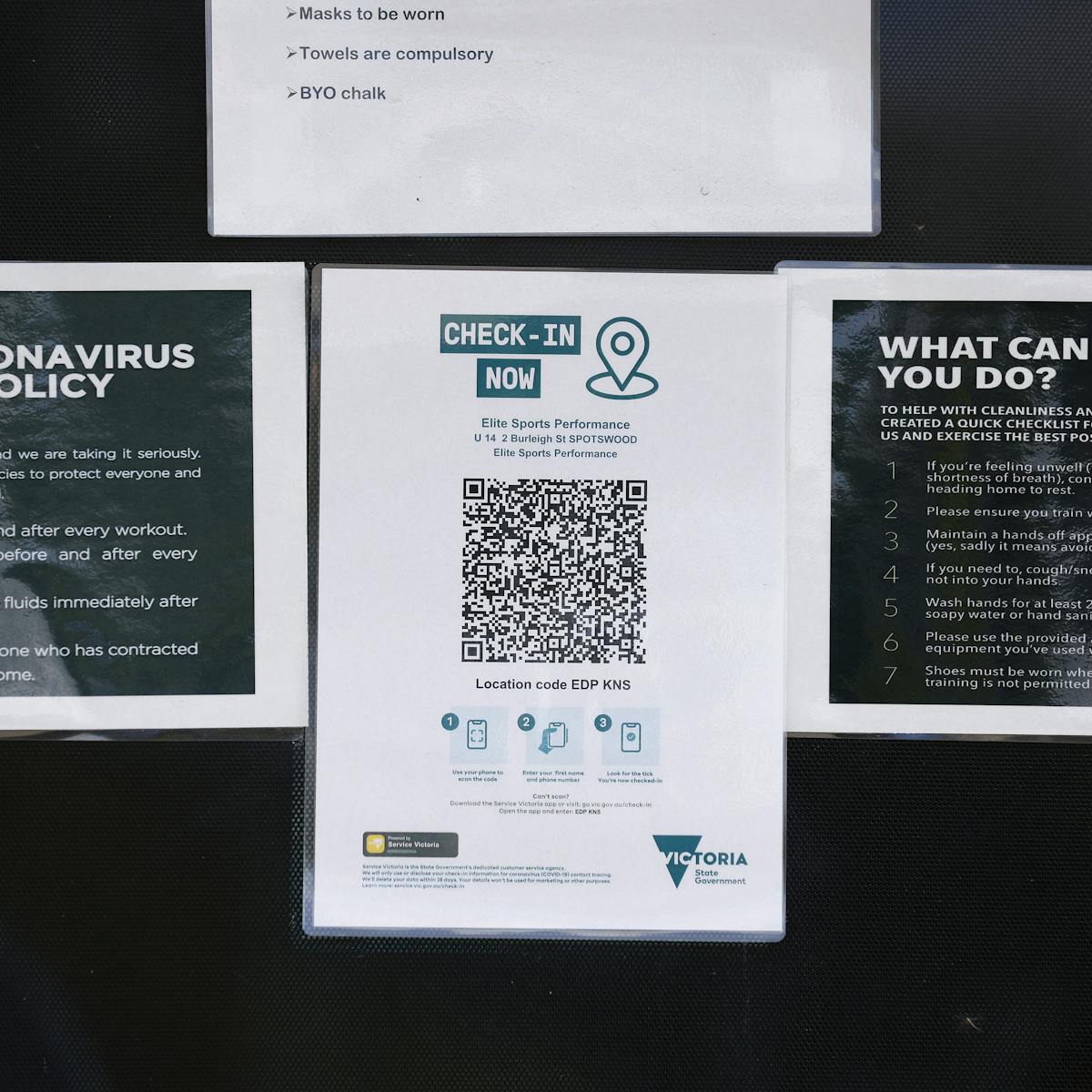



Police Access To Covid Check In Data Is An Affront To Our Privacy We Need Stronger And More Consistent Rules In Place
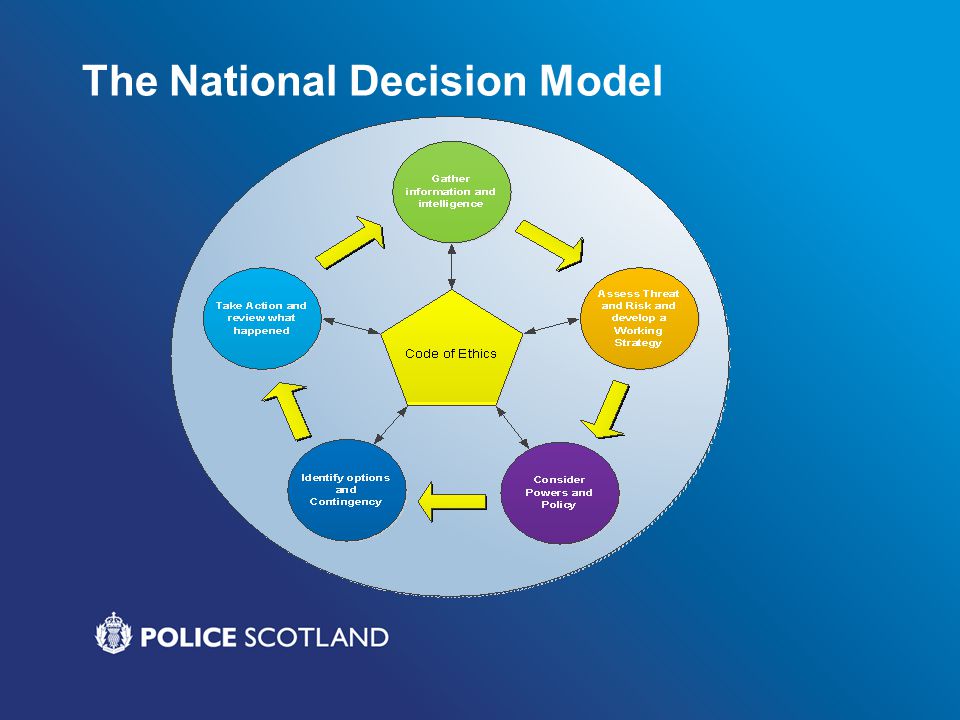



Values Based Policing In Scotland Ethical Policing From Poster To Pavement Police Scotland Is A Values Based Organisation How We Serve Our Communities Ppt Video Online Download
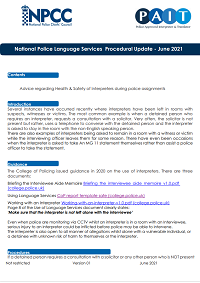



Guidance For Public Service Interpreters Police Ciol Chartered Institute Of Linguists



Growthzonesitesprod Azureedge Net




Code Of Ethics And Professional Conduct For Emr Ac Uk




Establishing An Ai Code Of Ethics Will Be Harder Than People Think We And Ai
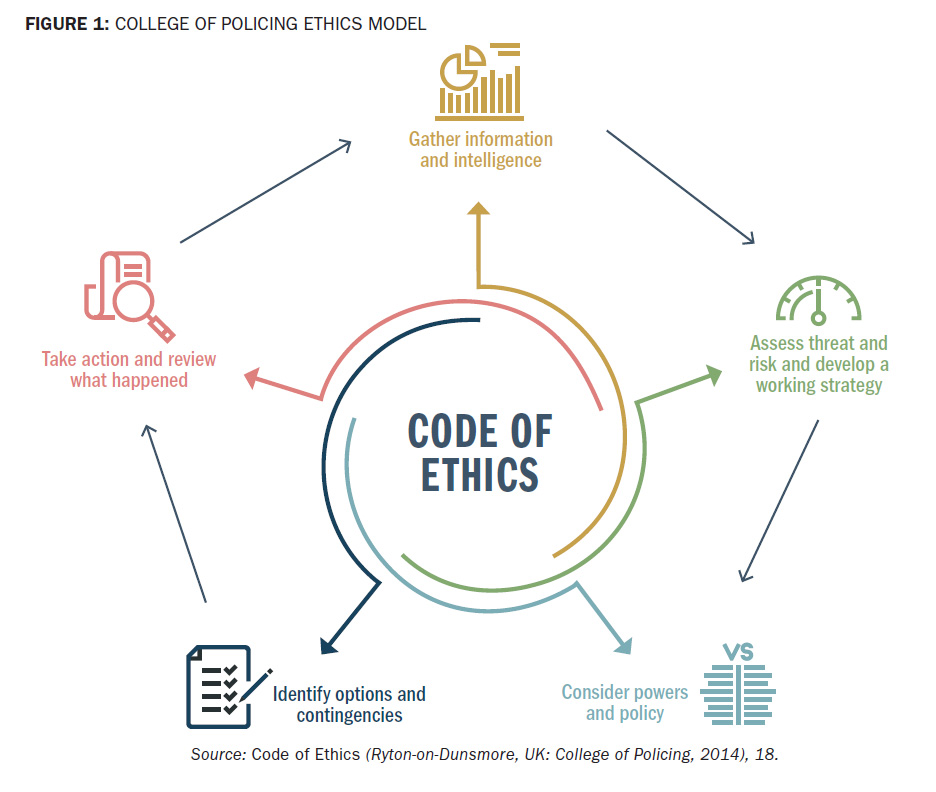



Figure1college Of Policing Ethics Model Police Chief Magazine
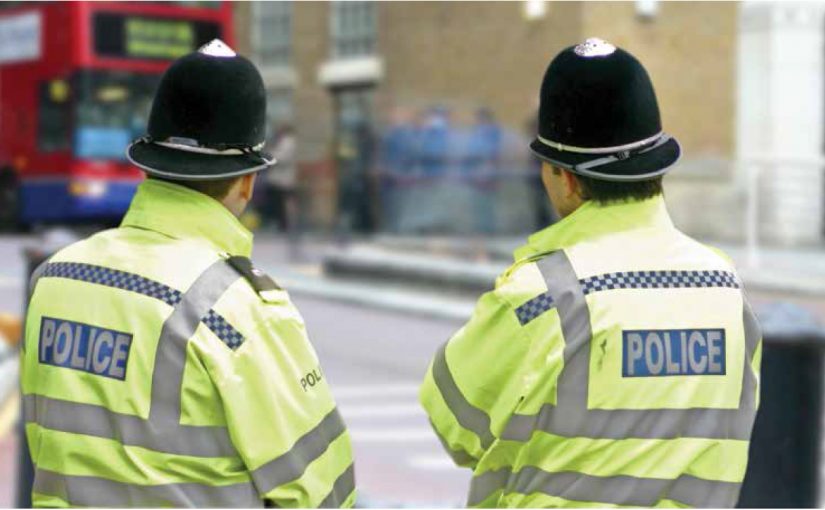



The Professionalization Of Policing In The U K A Vital Opportunity To Improve Ethical Standards Police Chief Magazine




National Decision Model
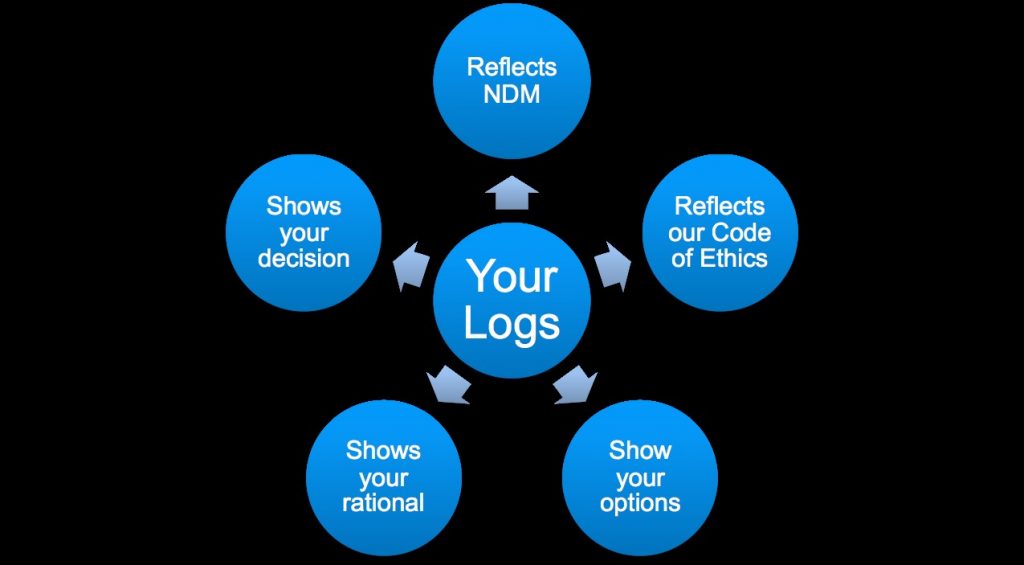



Values Based Police Leadership Police Chief Magazine
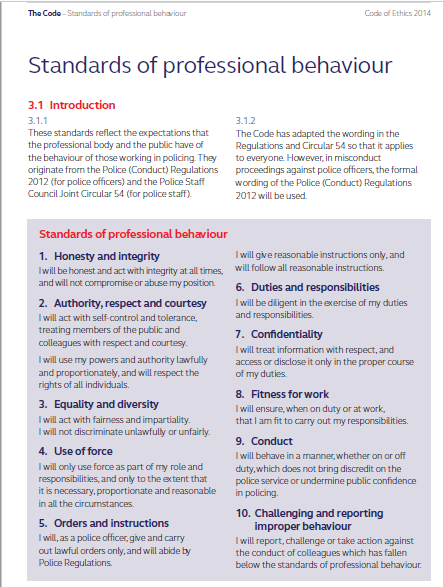



Complaint Against Lgbtpoliceuk Fair Cop




Home Office During Her Distinguished 30 Year Policing Career Karen Vanterpool Daber Was Committed To Improving The Recruitment Progression And Retention Of Minority Officers Karen Also Delivered The Code Of Ethics



1



1




Code Of Ethics Dorset Police



Nipolicingboard Org Uk
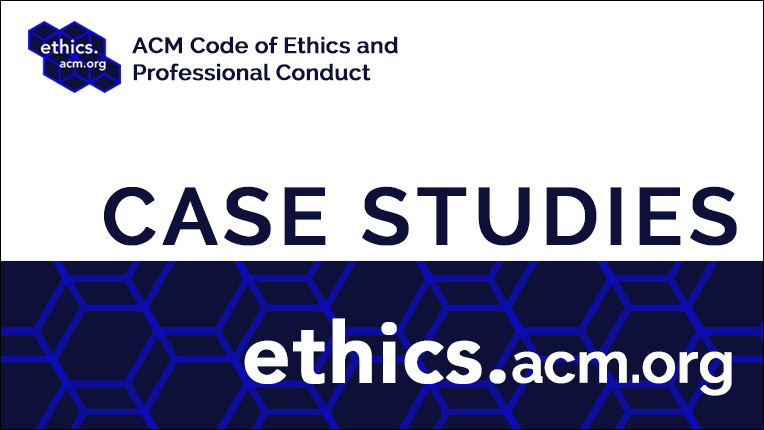



Code Of Ethics Case Studies




Pdf Police Ethics And Integrity Keeping The Blue Code Of Silence
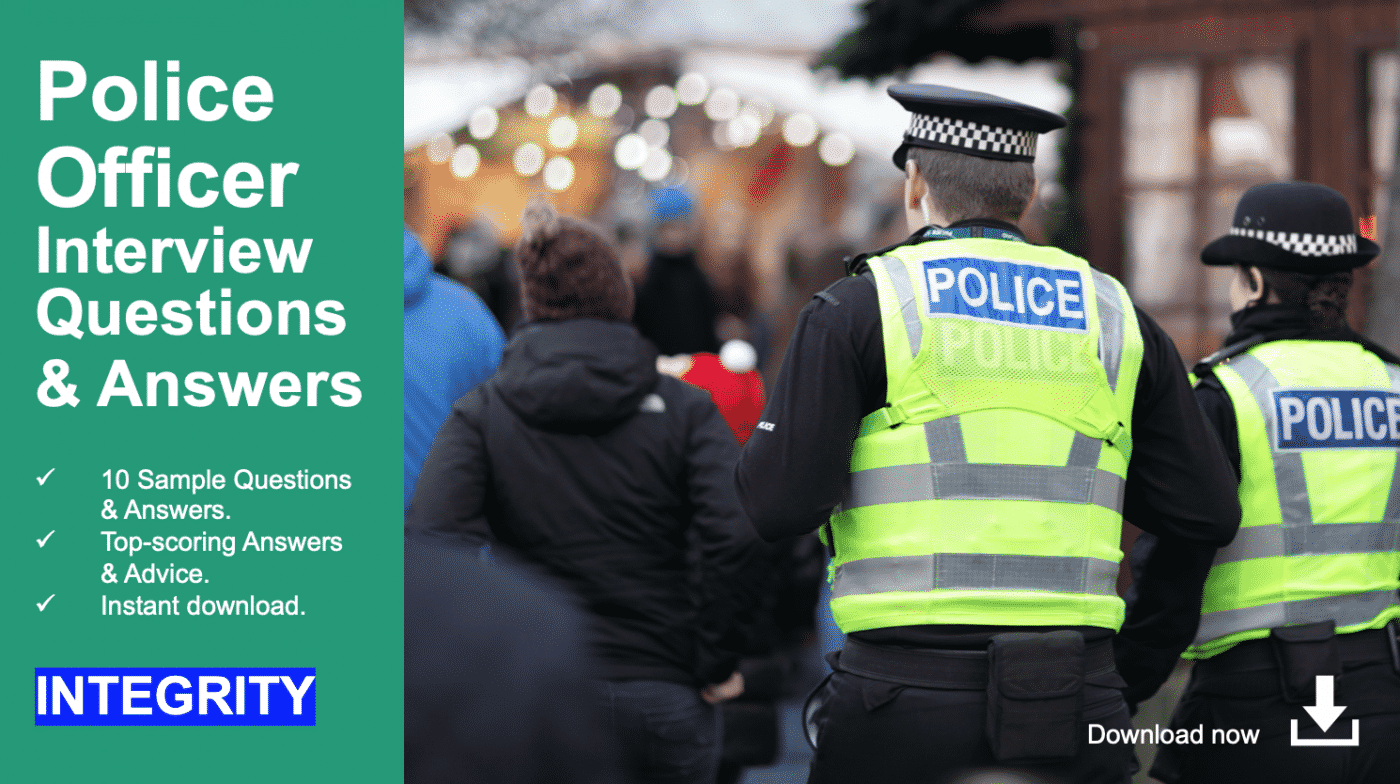



Police Officer Competencies Interview Questions Answers



Full Article Private Policing Of White Collar Crime Case Studies Of Internal Investigations By Fraud Examiners




Ethics Code For Police The Times




Ethics College Of Policing
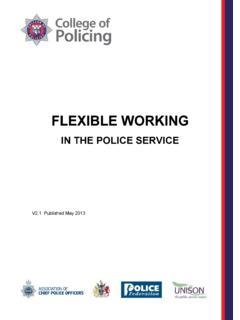



Code Of Ethics College Of Policing Code Of Ethics College Of Policing Pdf Pdf4pro
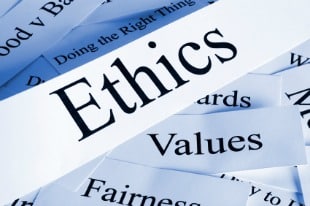



Ethics In Counselling Pdf Top 5 Counseling Assignment Tips




Code Of Ethics Dorset Police




Pdf When Police Should Say No To Gratuities




Safer In Kent Plan



0 件のコメント:
コメントを投稿